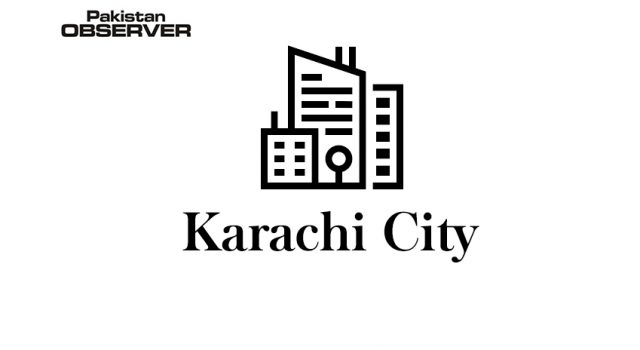The Civil Engineering & Architecture Department of Sir Syed University of Engineering & Technology took lead in linking Road Safety with Artificial Intelligence (AI) and organized a workshop on Artificially Intelligent Transportation System at the campus.
Addressing the workshop, Vice Chancellor SSUET, Prof. Dr. Vali Uddin said that according to the WHO data published in 2018, road traffic accidents deaths in Pakistan reached 30,046 or 2.42% of total deaths.
Pakistan stands 95 in the world in the ranking of road safety measures. The economically productive age groups (15 – 64 years) in Pakistan are involved in 75% of Road Crash Fatalities and Injuries.
Moreover, 1,461 persons’ affected due to disability from road crash injuries per 100,000 people. Prof. Dr. Vali Uddin advised the road users to avoid reckless driving and drivers should also avoid using handphones and playing loud music while driving.
While speaking on “Karachi Road Safety Scenario and Efforts for Reducing Crash Burden” the keynote speaker, renowned Neurology and Trauma Expert, Prof. Dr. Rashid Juma, said that 90% of traffic deaths occur in low and middle-income countries.
Majority of road accidents are caused by drivers’ recklessness and speed driving. Pedestrians should know the road rights and responsibilities of other road users. He highlighted the need for policy dialog between all stakeholders affected by road crashes.
Keynote speech on Road Crash Analysis and Crashworthiness Concepts was delivered by Engr. Dr. Omer Qureshi, CEO Automotive Design and Crashworthiness Research (ADCR), Institute of Space Technology, Islamabad.
Giving a highly involved presentation, Dr. Omer Qureshi provided insight into various incidents that happened in the country with the help of scientific analysis of each of the case studies discussed.
The main thrust of his talk was crashes always leave marks behind and in-depth forensic analysis reveals the minute details of all minor factors leading to a major disaster.










